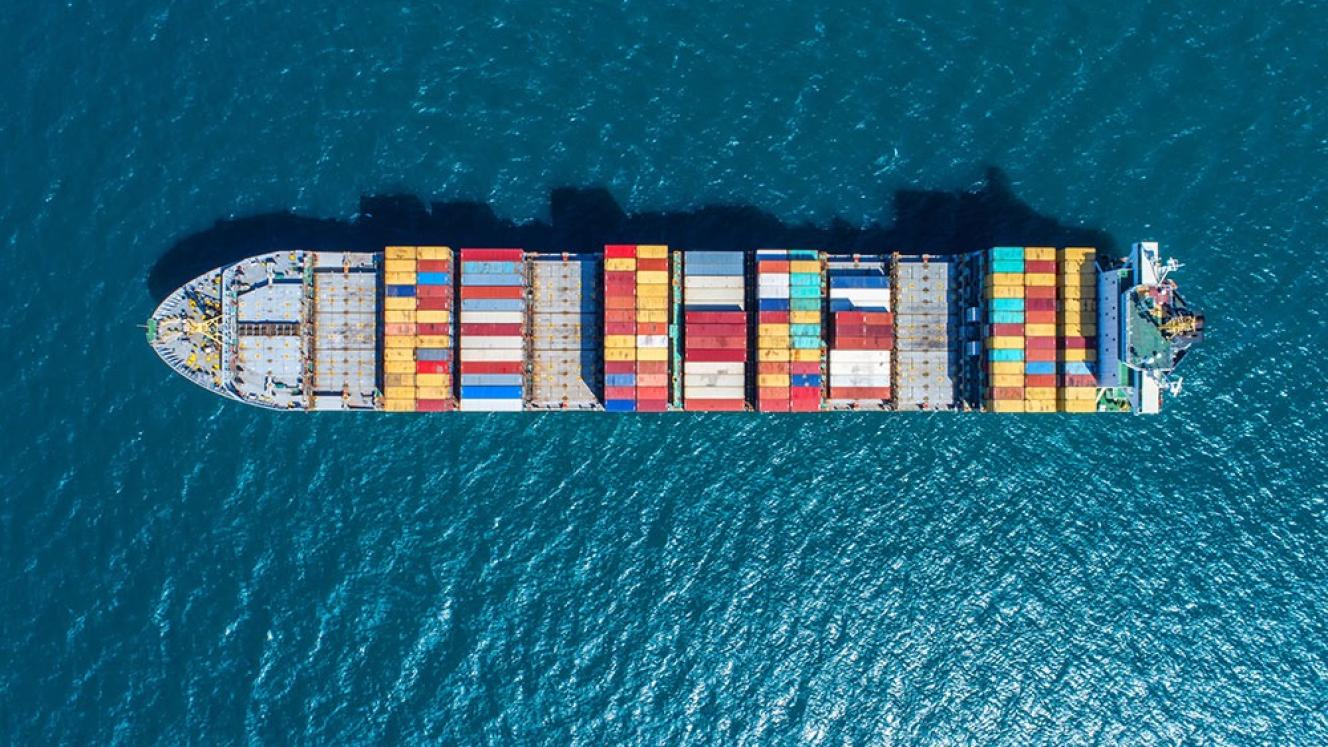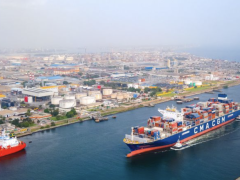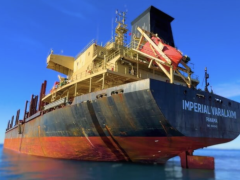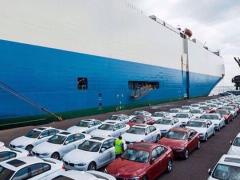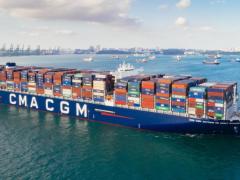This morning, at the UN’s Climate Change Conference in Glasgow, COP26, 19 countries signed up to participate in a first-ever framework to create zero-emission shipping corridors.
Known as the Clydebank Declaration, the green corridors initiative will establish emission-free ocean trade between leading ports such as Rotterdam and New York.
The decision was welcomed as groundbreaking by US environmental NGOs, Ocean Conservancy and Pacific Environment.
Earlier this year the two advocacy groups released a report, All Aboard on how the Biden-Harris Administration can help ships kick fossil fuels.
Following this morning’s signing of the Clydebank Declaration, the two bodies lauded that decision’s conceptualisation of “zero-emission maritime routes”.
Pacific Environment’s climate campaign director, Madeline Rose, told Singapore-based ocean freight portal Splash 247: “Just like cars and trucks, ships will need new charging stations in a zero-emission future at the ports they frequent all around the world.”
She said although it was a bold move, it was also a concern that “the Clydebank framework leaves room for delay tactics and fossil fuel loopholes.
“We urge partner countries and ports to act quickly to set immediate, interim and ultimately mandatory benchmarks to phase out all fossil-fuel ship pollution along their shared corridors.”
The 19 signatories are: Australia, Belgium, Canada, Chile, Costa Rica, Denmark, Fiji, Finland, France, Germany, Republic of Ireland, Japan, Republic of the Marshall Islands, Netherlands, New Zealand, Norway, Sweden, The United Kingdom and Northern Ireland, and the United States of America.
Read the full declaration here: https://tinyurl.com/4fdmnbr3
